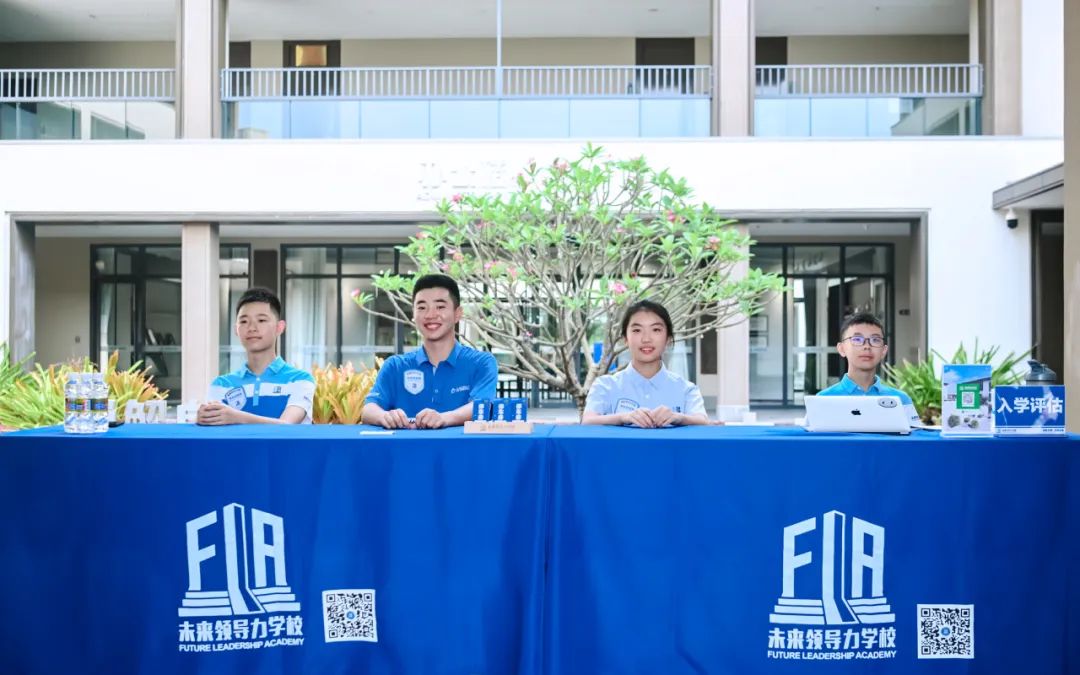我们对创新人才发展的思考与行动 | THE DEVELOPMENT OF INNOVATIVE TALENTS
回顾上一场深圳诺德双语学校名师大讲堂,我们邀请了资深的牛津大学Trevor教授,为大家分享他的牛津教授之路,以及在多年的工作及指导经验中,他观察到优秀学生所具备的能力及素养。让我们来重温一下Trevor教授对家长及学生的建议吧:
嘉宾访谈
INTERVIEW WITH OUR GUEST SPEAKER
您是什么时候决定成为一名
教育工作者的,是什么促使
您进行法语和德语的本科学
位学习?
我想我是那些一直知道自己会成为一名老师的孩子中的一个。当我还是个孩子,我在家会和泰迪熊聊天。我经常会坐在那里思考如何教一些东西。我有一位鼓舞我的校长,他认为学习德语对我们所有人是好处的。因此,在我十岁时就开始学习德语,这在当时是闻所未闻的,至少在诺福克的一所普通的小学是的。我想我本可以成为一名科学家或者成为一名数学家,我在学校读书时,喜欢生命科学,也热爱数学,同时我也喜欢语言学。我认为,对我的学科的热爱要一直追溯到大学,因为学习语言不仅仅是你正在学习的语言和对语言的熟练程度,也是对文学和文化的研究。我认为我喜爱的正是我所热爱的学科的多个方面,通过法国和德国作家的文学著作我发现了一个新世界。
我喜欢研究工作。我的挑战在于每天得有足够的时间完成我的研究,这是我职业生涯中最丰富的部分。这使我必须学会如何完成相应的任务,如何成为一名研究人员。我喜欢这项工作的方方面面。我一直努力驱使自己接受更多新见解,发现新事物。
作为曾经的一名中学学生,
一位中学老师和一位中学
家长,您对我们学校的家
长有什么建议吗?
我认为这可能是一个非常难回答的问题。我想说的是,你需要了解你自己的孩子,而且不存在任何固定的方式来教导他们。需要全面发展他们的个人兴趣和允许他们具有个人发展,绽放自己的人生、不断成长最终找到自己的道路。这是非常困难的!我认为你必须允许他们成长,同时,仍然需要像栽培植物一样培育他们。不要过度浇水和过度喂养或将他们暴露在过多的阳光下。尝试退后一步让他们自由成长很难,但要确保给他们适合的条件让他们成长。
您觉得学生在您的课程中脱颖而
出的关键价值观和特点是什么?
我认为是信念。是的。理智上足够的自信和接受一些学习内容是困难的,这才是好的。有时你的大脑在得到了被肯定的答案前都会受伤,正所谓“故天将降大任于斯人也,必先苦其心志,饿其体肤,空乏其身,行拂乱其所为”,这是一件好事。
最后,您有什么建议可以分享给
申请牛津大学的学生吗?
不要以为牛津不适合你。牛津大学对你的思维能力、创造力,以及你的新旧想法启发都会有很大的帮助。牛津大学寻找的正是这些有趣又富有创新精神的人。
在牛津的面试中,同学们可能会觉得必须给出正确的答案,但实际那无关于正确的答案。这是关于你如何思考,从而得到相应的答案。我认为反思和展示你的思维过程,朝着解决方案进行努力更重要,即使最终得到的答案不正确的。
第二期诺德开讲
NASSZ SCHOLAR LECTURE PHASE II
借此机会再次感谢Trevor教授,给我们带来了干货满满的讲座。如果您还意犹未尽,欢迎参加我们第二期学者大讲堂!本期讲座,我们邀请到G20青年企业家联盟中国理事会理事长韩天启先生,他将为我们带来关于创新人才展的思考与行动,讲座名额有限,赶紧预约报名吧!
Review of Oxford
Scholar Lecture
This article reviews the recent NASSZ Scholar Lecture with Professor Trevor Mutton from Oxford University, which was focused on the daily experiences of professorship, as well as the abilities and qualities of outstanding students. The below divs synthesize key advice from Professor Mutton:
嘉宾访谈
INTERVIEW WITH OUR GUEST SPEAKER
When did you decide to become
an educator and what led to you
studying French and German for
your undergraduate degree?
I think I was one of those children who always knew that they were going to become a teacher. I was one of the children who sort of talked with their Teddy bears at home. Often the case I would sit around and think about how I would teach things. I had a headteacher who was sort of inspirational and he thought it would be good for us all to learn German. So at the age of ten, I started to learn German, which was unheard of in those days, at least, especially in a small primary school in Norfolk. I think I could have been a scientist, I could have been a mathematician, I loved life Sciences, I loved mathematics at school, but I also loved language. I think that this love of my subject carried on to University because studying the language is not just the language that you're studying and the proficiency in the language, it's also the study of the literature and the culture. And I think it was that aspect of my subject that I just loved, discovering a new world through the literature and the writings of authors from France and Germany.
You’ve authored and co-authored a
lot of leading research publications
in the field of teacher education.
What are the highs and the lows of
the research process, and how do
you approach them?
I love the research work. I do the challenges of finding enough time, I suppose always, but I suppose it is the richest part of my professional life. It's something that I had to learn how to do, how to be a researcher. I enjoy every aspect of it. I'm constantly driven by the need to provide new insights, to discover new things.
Having experienced secondary
education as a student, teacher,
and parent, what advice do you
have for our school’s parents?
I think that's probably an incredibly difficult question to answer. I would say it's about knowing your own children and not having any set way of responding to them. It's that balance between taking an interest and allowing them to develop, blossom, and grow as learners and as individuals and finding their own pathway. And it's difficult. I think you have to allow them to grow while still nurturing them like a plant, really. You don't want to overwater and overfeed or expose them to too much sunlight. It's a matter of stepping back and letting them grow but making sure that the conditions are right for them to do that.
What are the key values and
characteristics that allow
students to excel in your courses?
I think a belief in yourself. Yes. Intellectual confidence and acceptance that some learning will be hard, and that's good. That's not a failure. It's good that your brain has to hurt sometimes until you get the answer yes.
Finally, is there any advice that
you’d like to share with our
students who want to apply to
the University of Oxford?
Don't be put off by thinking that Oxford isn't the place for you. Oxford is interested in the quality of your thinking, your creativity, the way that you engage with old ideas and new ideas and concise those. I think a lot of learning is what Oxford is looking for and the enjoyment of being in a community of people who are always interested in knowing more.
And I think in Oxford interviews people feel that they have to give the right answer, and it's not about giving the right answer. It's about how you're thinking in order to get to that answer. I think being reflective and showing that you have the thought processes that enable you to work towards the solution, even if it's not the right one.
第二期诺德开讲
NASSZ SCHOLAR LECTURE PHASE II
We’d like to once again express our gratitude to professor Mutton for sharing with us his knowledge and experience.
Next, NAS Shenzhen invites you to join our Phase II Scholar Lecture! We have invited Mr Han, the Chairman of the G20 Young Entrepreneurs Alliance China Council. He will share with us his thoughts on the development of innovative talents.
The number of the spots is limited, please to make an appointment!

声明:本文内容为国际教育号作者发布,不代表国际教育网的观点和立场,本平台仅提供信息存储服务。
课程设置:Alevel课程,双语国际课程,IGCSE课程
学费区间:19~25万/年





